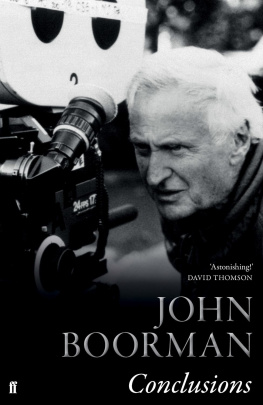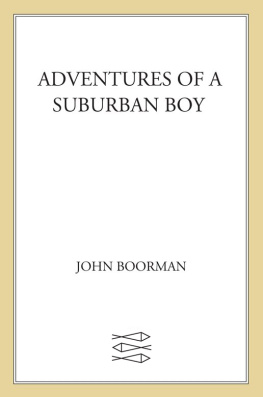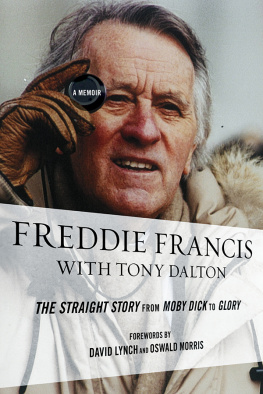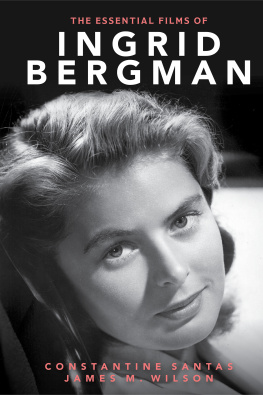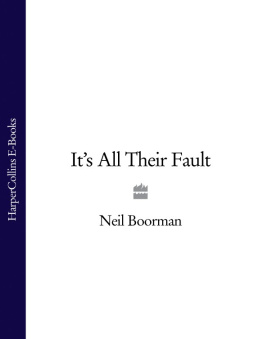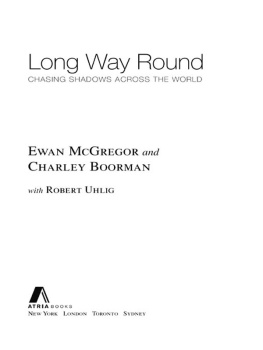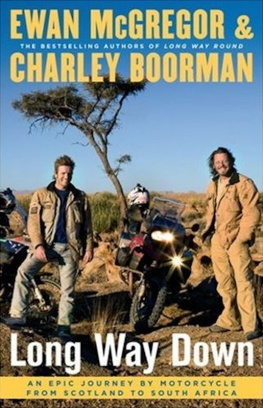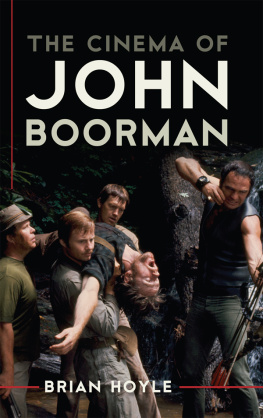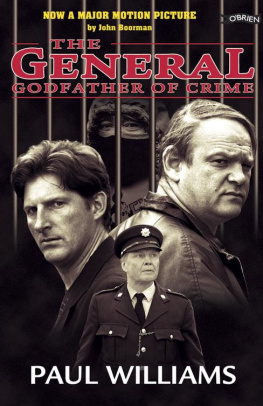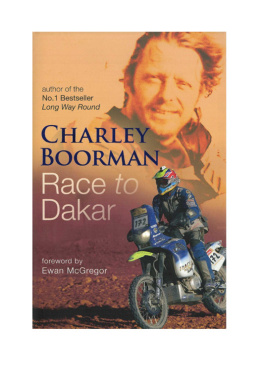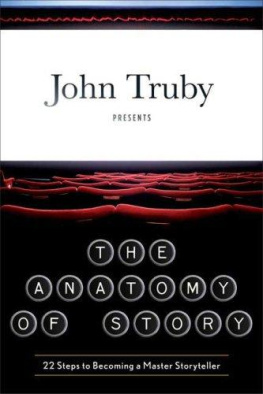In old age, words escape me. If I wait patiently, they float up, and I recapture them. If that fails, I am obliged to go down to the cellar, where they languish, and drag them back up. I note that water is starting to seep into the cellar. I fear some words will drown and be lost for ever. The quest for harmony of word and image has been my life. Sight loss is making the world look like late Turners. While I still can, I hasten to testify.
When I left school at sixteen, my teacher and mentor, Fr John Maguire, encouraged me to believe I could be a writer. He told my mother. Coming from modest beginnings, such overweening ambition did not sit well with my painful shyness. It was 1949.
My mother paid two shillings a week into an endowment policy, handing the money to a man who called every week to collect it. She cashed the policy in and bought me a second-hand portable typewriter, my entire inheritance. I got a job collecting and delivering dry cleaning house to house and rented a bedsit on Richmond Hill, where I sat every night tapping away with two fingers, a bottle of Tipp-Ex at hand.
My landlady was a gangling, distraught woman who had inherited several rundown houses that she let out to people like me. My gas meter took penny pieces. These large, antiquated coins (some still with Queen Victorias head embossed on them) would quickly fill the meter up, until it would take no more. My gas fire would expire, and I would have to ask my landlady, who lived next door, to come and empty the meter. Often she had taken to her bed; if not, she would invite me in for a drink and then complain that she was too wobbly to come and do it. One evening her phone rang. It was the fire brigade to tell her that one of her houses was burning down. Thank God for that, she cried.
I acquired a pair of gloves, cut off the two typing fingers and tapped out my stories in an overcoat. Eventually, my landlady tired of emptying my choked meter and removed the coin reservoir. Thereafter, I used the same penny over and over, making a tick on the wall each time it went through.
A further distraction was a beautiful older woman who lived upstairs. I listened for the front door opening and would dash out into the hallway to catch a glimpse of her. Once I contrived to brush past her and a hint of her lily of the valley clung to me. I went back inside, took off my jacket, buried my face in it and inhaled her perfume. I was so in love it was impossible to banish her from my thoughts, and my writing suffered. I never found the courage to speak to her, but one day she knocked on my door. She had come to seduce me. No, she wanted to borrow pennies for her meter. I gave her my only penny. She smiled at my lovesick face and asked me how old I was. Nearly seventeen, I said. And you, how old are you?
Nineteen. Bedsit dreamers awaiting the call.
*
M Y FRIEND D AVID was a year older than I and was called up for two years of National Service, as I would be a year or so later. To my great envy he had just landed a job as a clapper-loader at Shepperton Film Studios, which he would lose if he had to go into the army for two years, so he registered as a conscientious objector. He was called before a tribunal to test his sincerity. He failed to convince his examiners and was ordered to enlist. He refused and was jailed for three months. The way it worked was that if you were prepared to go to prison, it proved you were sincere, and therefore should not have gone to prison.
I went to visit David in Wormwood Scrubs. I took my place opposite him in a line of sobbing wives and broken-hearted mothers. David regaled me with stories of his incarceration. There was a tame sparrow they fed crumbs to. Three old lags had brutal fights to decide whose it was. Some of the women visitors complained to the guard about our hilarity and I was thrown out, ejected from prison for laughing.
I wrote the story up, but no magazine would take it. However, several of my pieces did get published. One was about the limbo of waiting for the call-up to the military.
At the time, BBC radio was putting out some youth programmes. The producer read my piece and invited me to take part. It was helpful. I was paid five guineas for each broadcast, and there was my name in the Radio Times. I was supporting myself with my typewriter. I could give up the day job.
I put forward ideas. I proposed that I should visit all the film studios and interview the technicians about their jobs. I was besotted with the movies and wanted to find out how they were done. I did the lighting gaffer and his best boy, the focus-puller, the continuity girl, the clapper-loader, the standby props man. Oh, the romance of those names. This was 1950. We would drive down to the film studios in the big BBC Humber Super Snipe, with the recording equipment replacing the back seat. This was before magnetic tape, so we would cut discs. I was mesmerised by the lacquer spiralling off the disc as it recorded our voices.
One of the youth programmes was called Under-Twenty Review, in which four young people and an adult critic reviewed the weeks art offerings. I became the chairman and did it every week for a year. This helped to compensate for my lack of education. Each week I would see a play no longer up in the gods but down there in the stalls. There would be a book to read, the latest film to watch, an opera to see. My fee went up to seven guineas a week. I was rolling in it.
I had several of my short essays published in the Manchester Guardian, as it was then. I felt like a proper writer, but I was winging it, hoping not to be found out.
*
My school friend Barrie Vince was the cleverest boy ever, so consequently was despised as a swot. Actually, he didnt swot; it all came so easily to him. He wanted to be an orchestral conductor, but music was just about the only thing he was no good at. We imagined making films. We would write them together, I would direct, and he would score them.
We borrowed an 8mm camera, but we could never decide on the story. It was about a girl running away from something, but we never decided what. We made some images of her in jeopardy, and Barrie chose some dramatic music, which we played against the images on a gramophone. This was our fantasy. Film-making was a distant dream and occupied people who went to Oxford.
Barrie won a scholarship to study law. He got a grant to buy the books he would need but spent that money on music lessons instead. There he met a piano student, Pat, and we both fell in love with her. The three of us were inseparable, Jules et Jim. We went to the final rehearsals of the Proms and studiously followed the scores, aping the opening sequence of The Red Shoes. We were electrified by Furtwngler and amused by Beecham. I got tickets from the BBC to everything. Barrie and I dazzled Pat with our clever conversation. We were probably insufferable. She was a sexual rubber ball bouncing between us.
After the war and the drab years that followed, this was a glorious flowering. We witnessed the stirrings of the new socialist theatre and the nascent Free Cinema movement. Only the shadow of conscription hung over us. I was now eighteen, and the call-up could come any day.
The National Film Theatre opened on the South Bank. Waiting for the call to arms, I spent my days there, hidden in the dark, hoping to be overlooked. They showed the great silent classics in magical silver-nitrate black and white to a piano accompaniment Griffiths Birth of a Nation and Intolerance, Abel Gances Napoleon, von Stroheims

